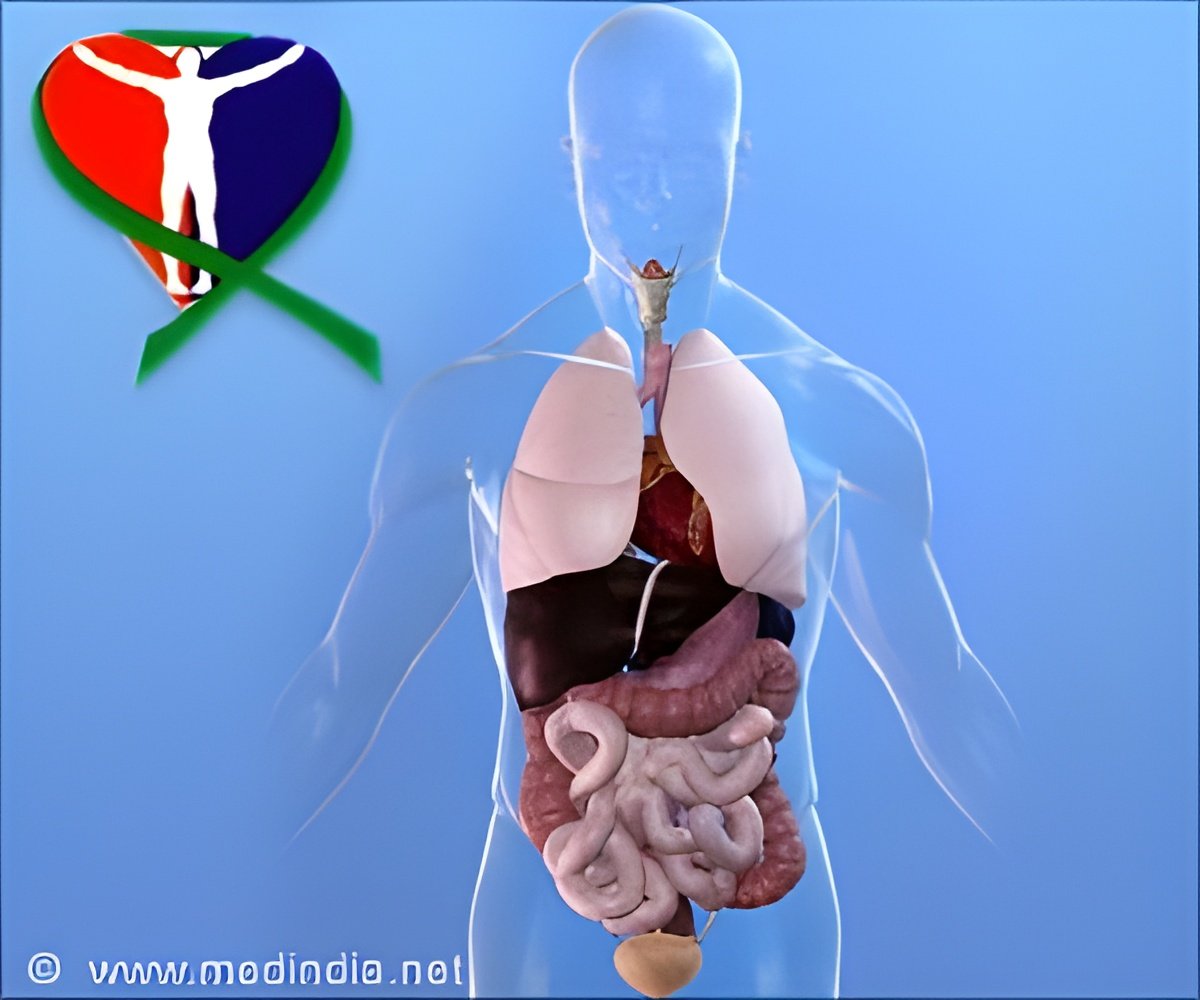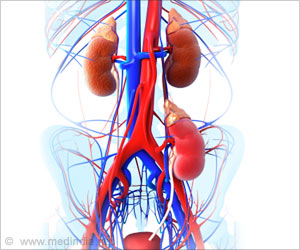A simple blood test could be the new biomarker that will allow in earlier detection of organ transplant rejection.

- Around 20%-50% of the organs transplanted end up getting rejected within 5 years.
- Rejection is usually monitored using invasive methods like painful needle biopsy and there is a critical need for noninvasive biomarker for monitoring rejection.
- A simple blood test that will help to detect the level of ’tranplant-exosomes’ that could be used in earlier detection of transplant rejection.
"There is a critical need for a biomarker that will work across the entire field of transplantation and will allow us to detect rejection and intervene much sooner than we are currently able to," said lead author Prashanth Vallabhajosyula, MD, an assistant professor of Cardiovascular Surgery. "We think our proposed biomarker platform could fulfill that need."
Transplant recipients are usually kept on large doses immunosuppressants to prevent rejection. Immunosuppressants have long-term side-effects including cancers, high blood pressure, opportunistic infections, and kidney damage.
Using this test, doctors can detect rejection episodes earlier and intervene more effectively, by lowering maintenance doses of immunosuppressive drugs when rejection is not occurring.
Detecting Exosomes
These capsules contain proteins and other molecules from their mother cell that can influence the activities of neighboring cells. Like their mother cells, exosomes have protein markers on their surfaces, often called MHC antigens, that identify them to the immune system as part of the body.
The blood test will allow the detection of donor exosomes as they have distinct surface markings and so could be potentially used to predict transplant rejection episodes.
Validating Findings in Mice
To validate these findings, researchers used a standard laboratory model in which human pancreatic islet cells were transplanted into mice. They were able to detect and quantify the exosomes from the donated human cells in the blood of the mice.
And when an immune rejection of the transplants were induced in the mice, there was a sharp drop in the detected levels of transplanted-islet exosomes dropped almost immediately.
"The levels of those exosomes in the bloodstream changed dramatically, well before we saw changes in other current clinical markers such as fasting glucose levels," Vallabhajosyula said.
The research team were also able to analyze the contents of donor exosomes in the blood of recipient mice. They found that these islet cell exosomes carried dozens of distinct molecules including insulin and other endocrine hormones.
The composition of this "cargo" changed during transplant rejection, causing sharp increases in the levels of several dozen molecules normally found in the exosomes.
These changes could enhance the reliability of a transplant rejection early-warning test and also help in identifying the specific type of injury sustained by the transplant.
"I believe that analyses of exosomes from transplanted organs will ultimately provide a very powerful and unprecedented ability to understand the conditional state of the organ as a whole," said study senior author Ali Naji, MD, PhD, the J. William White Professor of Surgery.
This transplant-exosome approach could be used as a diagnostic tool as well as could help in gaining scientific understanding of transplant biology.
"The ability to isolate and analyze tissue-specific exosomes opens a window to understanding their roles in transplant rejection and transplant tolerance," he said.
By validating the new approach for detecting transplant rejection through further studies, transplant recipients could be kept healthier and their transplants working longer.
This study is published online in the Journal of Clinical Investigation.
Reference
- Prashanth Vallabhajosyula et al. Tissue-specific exosome biomarkers for noninvasively monitoring immunologic rejection of transplanted tissue. Journal of Clinical Investigation; (2017) doi.org/10.1172/JCI87993.
Source-Medindia















